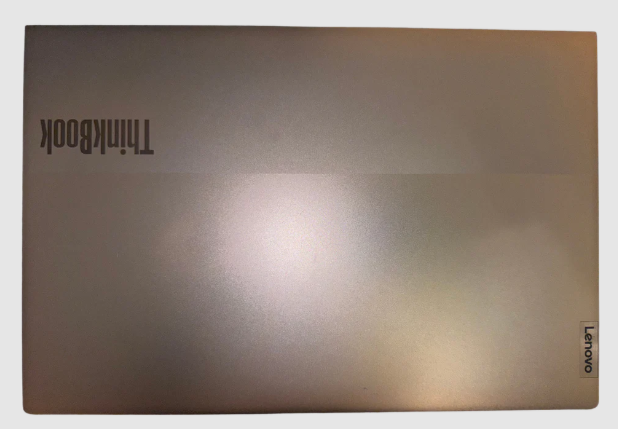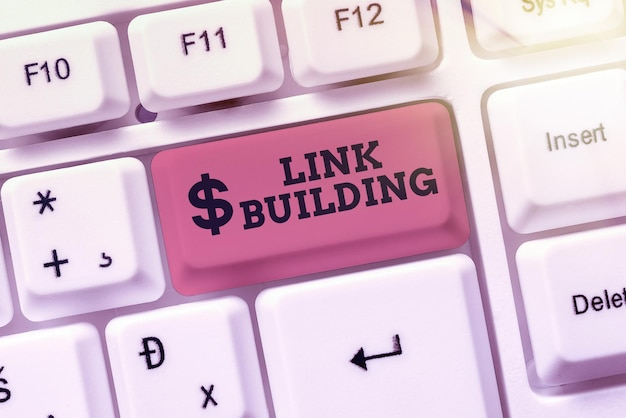
Blockchain app development services are revolutionizing how businesses manage data, conduct transactions, and establish trust. These services enable secure, transparent, and decentralized systems across diverse industries.
Businesses today are increasingly adopting blockchain-based solutions to solve traditional pain points. From finance to supply chains, blockchain apps bring automation, trust, and cost-efficiency to operations.
By using blockchain app development services, companies can launch applications with secure data handling and immutable records. These features reduce fraud and enhance user trust across digital interactions.
The demand for tailored blockchain apps has led to a rise in specialized development services. Companies are now investing in decentralized apps that align with their unique operational goals.
Key Features of Blockchain Apps
Decentralization ensures that no single entity controls the blockchain network. This promotes data integrity and increases trust among participants who share equal access.
Transparency is another cornerstone of blockchain applications. Every transaction is visible on a shared ledger, offering greater accountability and traceability to users.
Immutability prevents data tampering, as recorded blocks can’t be altered without consensus. This makes blockchain ideal for secure record-keeping in finance, healthcare, and legal fields.
Smart contracts automate processes through pre-set rules. These contracts execute when conditions are met, eliminating the need for intermediaries and improving efficiency in business transactions.
Benefits of Blockchain App Development
Blockchain technology reduces operational costs by removing intermediaries. Peer-to-peer transactions and automation replace expensive middle layers in traditional systems.
Security is significantly enhanced in blockchain apps. The cryptographic nature of data ensures strong protection against unauthorized access or tampering.
Faster processing times are a key benefit. Transactions that once took days can now be completed in minutes, streamlining operations across industries.
Trust is inherent in blockchain’s structure. Because all parties share the same data, users are more confident in the information’s accuracy and reliability.
Industries Using Blockchain Apps
The financial sector was the first to embrace blockchain technology. Applications in digital wallets, trading platforms, and decentralized finance have reshaped how we manage money.
Healthcare providers use blockchain to protect patient records. It allows secure data sharing between stakeholders while maintaining privacy and compliance with regulations.
Supply chain management has greatly benefited from blockchain apps. Companies now trace goods in real-time, ensuring authenticity and reducing losses due to fraud or error.
Real estate platforms are exploring blockchain for transparent land titles and contract automation. This reduces paperwork and speeds up transactions between buyers and sellers.
The Process of Blockchain App Development
The first step in blockchain app development is defining project goals. Clear objectives help in selecting the appropriate blockchain platform and features.
Next, developers choose the right blockchain architecture. Options include public, private, and hybrid models, depending on the use case and data sensitivity.
The design phase focuses on user experience and functionality. Blockchain apps must balance decentralization with intuitive interfaces for widespread adoption.
Development includes writing smart contracts, coding backend logic, and integrating APIs. Testing and audits are essential to ensure performance, security, and compliance.
Popular Blockchain Platforms for App Development
Ethereum remains a favorite for decentralized apps. Its robust developer community and smart contract capabilities make it a top choice for blockchain applications.
Hyperledger Fabric is ideal for enterprise-level solutions. It supports modular architecture and private transactions, tailored for business use cases.
Polygon enhances Ethereum scalability. It allows developers to build high-performance apps with low transaction fees, suitable for mass-market adoption.
Solana is gaining attention for speed and cost-efficiency. It’s preferred for apps requiring fast transactions, such as gaming platforms and micropayment systems.
Smart Contracts in Blockchain Apps
Smart contracts are self-executing programs on the blockchain. They perform functions automatically once conditions in the code are met, ensuring reliability.
They eliminate manual intervention in agreement execution. This speeds up business processes while reducing errors and administrative overhead.
Smart contracts are widely used in DeFi apps. They automate lending, borrowing, and yield farming, offering users financial autonomy without third-party control.
Real estate and insurance sectors also benefit. Smart contracts enforce property agreements and automate claims, reducing disputes and increasing transparency.
Security Considerations in Blockchain Development
Security is critical in blockchain development. Applications must resist tampering, hacking, and misuse, making cryptographic integrity a top priority.
Code audits help find vulnerabilities early. Reputable developers conduct multiple testing rounds to ensure that smart contracts perform as intended.
User access control is another security measure. Multi-signature wallets and permissioned access reduce risks of unauthorized actions in enterprise environments.
Data encryption and secure APIs are used for communication. These ensure that data exchanged between users and systems remains confidential and tamper-proof.
Custom Blockchain App Solutions
Custom solutions provide businesses with unique blockchain capabilities. These apps are tailored to specific workflows, ensuring maximum efficiency and compatibility.
Developers work closely with clients during the discovery phase. Understanding needs and pain points helps in designing functional and scalable applications.
Custom blockchain apps often integrate with legacy systems. This ensures smooth transition and interoperability without overhauling the entire infrastructure.
Industries like logistics and energy benefit from custom blockchain apps. They provide real-time insights, automate processes, and track assets more effectively.
Challenges in Blockchain App Development
Scalability remains a major challenge in blockchain. As transaction volumes increase, some blockchains face slower speeds and higher costs, affecting performance.
Interoperability between blockchains is limited. Developers must build bridges or use protocols that connect different blockchain networks effectively.
User adoption can be difficult due to complexity. Designing simple, accessible interfaces is crucial for onboarding non-technical users to blockchain apps.
Regulatory compliance is another hurdle. Developers must ensure apps meet legal standards for privacy, finance, and data protection across regions.
Future Trends in Blockchain App Development
AI integration with blockchain is on the rise. It enables intelligent data analysis, predictive automation, and adaptive smart contracts for dynamic business needs.
Cross-chain technology will enhance interoperability. Apps will operate seamlessly across multiple blockchains, improving user experience and system flexibility.
Web3 is pushing user-owned platforms. Decentralized identity, governance, and finance are central to next-gen blockchain app development trends.
Tokenization is expanding into new areas. From real estate to intellectual property, digital tokens offer new ownership and investment opportunities.
Choosing the Right Blockchain Development Partner
Experience matters when selecting a blockchain developer. Teams with proven portfolios in smart contracts, DApps, and enterprise apps offer better reliability.
Communication is key to a successful partnership. Regular updates, transparent timelines, and collaborative planning lead to efficient and effective development.
Post-launch support is vital for blockchain apps. Choose developers who offer maintenance, upgrades, and troubleshooting services for ongoing success.
Scalability and customization options are crucial. A good partner will future-proof your blockchain app to adapt as your business evolves.






